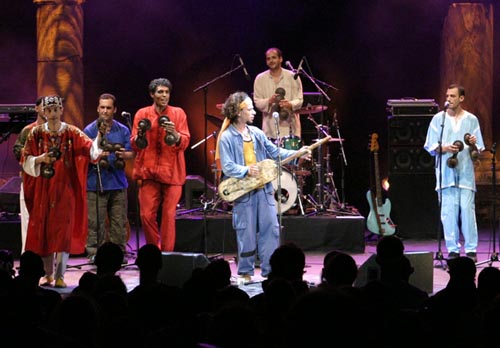Earlier this fall the Brookings Institution published a report titled “A New Way Forward: Encouraging Greater Cultural Engagement with the Muslim World,” by Cynthia Schneider (who certainly has the qualifications to write about this topic as an art historian, former ambassador to the Hague, professor of culture and diplomacy at Georgetown and fellow at Brookings). The report drew upon the input and wisdom of a large group of artists (of many kinds from the US and the Muslim world) who are listed as having endorsed the report. The report has a listing of recommendations that are hard to argue with and include:
Recognize the power of artists and their creations to build bridges, influence societies, encourage critical thinking, promote the development of civil society and foster economic advancement. Integrate arts and culture into diplomatic and development strategies involving the Muslim world.
In addition, the report calls for: increased funding of the arts; encouraging public-private “co-production;” leveraging social media; eliminate barriers created through US visa policies; keep governing boards out of managing artistic content; use America Houses and America Voice Corps throughout the Muslim world; and, use popular music, film and social media to reach populations otherwise unreached by U.S. diplomacy (or hostile to it).
(Click for Bon Jovi & Andy Madadian singing in Farsi/English in support of the protestors in Iran )
In an era in which the U.S. presence in the Muslim world is underscored by extended military engagement(s), the reminder that cultural diplomacy can and should be part of the mix is a welcome change in tone and substance. In addition, the passing mention that cultural diplomacy should be integrated into development efforts makes a great deal of sense, depending on the development project. USAID includes cultural elements in much of its work but coordination with public diplomacy as run by the State Department could use a boost. Much of what works in the field is based on the good efforts of State Department Cultural Affairs Officers and those in the USAID Mission working well together.
But it is hard to read the Brookings report and not come to two overarching conclusions:

The band Gnawa Diffusion from Algeria